An ACB source says that existing norms do not allow the bureau to proactively act on corruption-related complaints it receives.
DNA Analysis
The high-profile Anti-Corruption Bureau (ACB) doesn’t have a mandate to suo moto investigate cases. This inability has put the ACB in a fix, with at least 130 complaints pending before it.
A majority of these cases deal with slum rehabilitation project frauds and official malpractice. An ACB source says that existing norms do not allow the bureau to proactively act on corruption-related complaints it receives — a major stumbling block as the number of cases pile up every day. The ACB is mandated to deal with corruption-related cases involving state government employees. Cases involving Central government workers are dealt with the CBI’s anti-corruption branches.
Pradnya Sarvade, ACB additional commissioner of police said, “It is true that we have a huge case backlog, and that many relate to the slum rehabilitation scandal.”
While the ACB finds itself stymied by bureaucratic lethargy or its inherent toothlessness in being unable to take up cases suo moto, it has also been busy refurbishing itself. The bureau will soon acquire sophisticated gadgetry to trap corrupt officers, and will be able to carry out narco-analysis and polygraph tests. It has also tied up with the NGO, Karmayog, to attract “more complaints” and raise awareness about its activities.
But many believe that the bureau’s “image make-over drive” and thrust to acquire sophisticated gizmos like phone and digital video recorders may help it nab more culprits, but the real enemy is within the system. Procedural hazards to effectively “deal” with cases should be resolved first.
The ACB is thus in the piquant position of being unable to take on cases where it knows there is rampant corruption without an official complaint being filed, dealing with a bureaucratic system that is out to get it and “partner” with NGOs to be more effective. This last move is aimed at evolving a sustained mechanism to engage citizens and citizens groups to report corruption cases. Another objective is to facilitate joint programmes with NGOs, social action groups and educational institutions aimed at disseminating information about corruption and its tentacles.
One of its primary aims is to recommend improvements in policies of various departments. “If its an administrative problem, the department in question has to internally institute a probe,” says Hemant Karkare, ACB inspector-general. “Otherwise, the respective department has to register a complaint against an individual pointing to criminal misconduct.” This problem has come up with cases relating to slum redevelopment. Money has changed hands, but the ACB has not found cooperation required to track it down.
Without these changes, the ACB might be reduced to chasing ration card officers who ask for Rs1,000 bribes while frauds into crores of rupees go unchecked.
![submenu-img]() Ganesh Chaturthi 2024 shubh muhurat: Check city wise puja timings, visarjan date, and bhog for Ganpati Bappa
Ganesh Chaturthi 2024 shubh muhurat: Check city wise puja timings, visarjan date, and bhog for Ganpati Bappa![submenu-img]() 'Leaders in Delhi never liked me…’ Omar Abdullah alleges poll 'conspiracy'
'Leaders in Delhi never liked me…’ Omar Abdullah alleges poll 'conspiracy'![submenu-img]() Boney Kapoor announces new film, its title has a Mr India connect: 'Probably by December we...'
Boney Kapoor announces new film, its title has a Mr India connect: 'Probably by December we...'![submenu-img]() Meet actress, who worked for 17 hours straight on toxic sets, her mental health was affected, left industry, is now...
Meet actress, who worked for 17 hours straight on toxic sets, her mental health was affected, left industry, is now...![submenu-img]() Over 200 Patients celebrate freedom from diabetes in Madhavbaug's nationwide campaign 'Azadi Diabetes Se'
Over 200 Patients celebrate freedom from diabetes in Madhavbaug's nationwide campaign 'Azadi Diabetes Se'![submenu-img]() Haryana Assembly Election 2024: हरियाणा में कांग्रेस प्रत्याशियों की पहली लिस्ट जारी, इस सीट से चुनावी मैदान में उतरी विनेश फोगाट
Haryana Assembly Election 2024: हरियाणा में कांग्रेस प्रत्याशियों की पहली लिस्ट जारी, इस सीट से चुनावी मैदान में उतरी विनेश फोगाट![submenu-img]() Hathras Accident: यूपी के हाथरस में बड़ा सड़क हादसा, 15 लोगों की मौत, कई घायल
Hathras Accident: यूपी के हाथरस में बड़ा सड़क हादसा, 15 लोगों की मौत, कई घायल![submenu-img]() Weather Alert: महाराष्ट्र-गुजरात में जोरदार बारिश, आंध्र-तेलंगाना में बाढ़, जानें दिल्ली-एनसीआर के लिए क्या है अलर्ट
Weather Alert: महाराष्ट्र-गुजरात में जोरदार बारिश, आंध्र-तेलंगाना में बाढ़, जानें दिल्ली-एनसीआर के लिए क्या है अलर्ट![submenu-img]() J-K विधानसभा चुनाव: 'आर्टिकल 370 को हम कभी वापस नहीं आने देंगे', अमित शाह ने जारी किया BJP का संकल्प पत्र
J-K विधानसभा चुनाव: 'आर्टिकल 370 को हम कभी वापस नहीं आने देंगे', अमित शाह ने जारी किया BJP का संकल्प पत्र![submenu-img]() Kanhaiya Lal Murder: कन्हैयालाल हत्याकांड मे�ं दूसरे आरोपी जावेद को भी मिली बेल
Kanhaiya Lal Murder: कन्हैयालाल हत्याकांड मे�ं दूसरे आरोपी जावेद को भी मिली बेल![submenu-img]() DNA Auto Awards 2024: Maruti Suzuki Swift nominated for ‘CAR OF THE YEAR’; check price, features
DNA Auto Awards 2024: Maruti Suzuki Swift nominated for ‘CAR OF THE YEAR’; check price, features![submenu-img]() DNA Auto Awards 2024: Hyundai Alcazar Facelift nominated for ‘CAR OF THE YEAR’; check details
DNA Auto Awards 2024: Hyundai Alcazar Facelift nominated for ‘CAR OF THE YEAR’; check details![submenu-img]() Hyundai Creta Knight Edition launched in India: Check price, features, design
Hyundai Creta Knight Edition launched in India: Check price, features, design![submenu-img]() DNA Auto Awards 2024: Citroen Basalt nominated for ‘CAR OF THE YEAR’; check price, features
DNA Auto Awards 2024: Citroen Basalt nominated for ‘CAR OF THE YEAR’; check price, features![submenu-img]() DNA Auto Awards 2024: Tata Curvv nominated for ‘CAR OF THE YEAR’; check price, features
DNA Auto Awards 2024: Tata Curvv nominated for ‘CAR OF THE YEAR’; check price, features![submenu-img]() UPSC topper IAS Shruti Sharma's marksheet goes viral on social media, check her scores in different subjects
UPSC topper IAS Shruti Sharma's marksheet goes viral on social media, check her scores in different subjects![submenu-img]() Meet man, who lost his mother in childhood, worked as milk seller, cracked NEET exam with AIR...
Meet man, who lost his mother in childhood, worked as milk seller, cracked NEET exam with AIR...![submenu-img]() Meet man who failed 35 exams, cracked UPSC exam twice, first became IPS then quit due to...
Meet man who failed 35 exams, cracked UPSC exam twice, first became IPS then quit due to...![submenu-img]() Meet man, who was forced into child marriage at 11, cracked NEET exam with AIR...
Meet man, who was forced into child marriage at 11, cracked NEET exam with AIR...![submenu-img]() Meet woman who cracked UPSC exam in first attempt without coaching at 22, got AIR 31, she is now posted as…
Meet woman who cracked UPSC exam in first attempt without coaching at 22, got AIR 31, she is now posted as…![submenu-img]() Mumbai: Fire Breaks Out At Times Tower In Mumbai, 9 Fire Units Deployed
Mumbai: Fire Breaks Out At Times Tower In Mumbai, 9 Fire Units Deployed![submenu-img]() 'Dharavi Project Is About Restoring Dignity...', Says Gautam Adani | Dharavi Redevelopment Project
'Dharavi Project Is About Restoring Dignity...', Says Gautam Adani | Dharavi Redevelopment Project![submenu-img]() Kolkata Doctor Case: CBI Visits RG Kar, Seizes Documents On Funds Used During Sandip Ghosh’s Tenure
Kolkata Doctor Case: CBI Visits RG Kar, Seizes Documents On Funds Used During Sandip Ghosh’s Tenure![submenu-img]() Giriraj Singh Attacked: Union Minister Giriraj Singh Assaulted In Begusarai, Bihar; Accused Arrested
Giriraj Singh Attacked: Union Minister Giriraj Singh Assaulted In Begusarai, Bihar; Accused Arrested![submenu-img]() Haryana Assembly Election 2024: Haryana Assembly Election Date Changed, Check Details Here
Haryana Assembly Election 2024: Haryana Assembly Election Date Changed, Check Details Here![submenu-img]() Mukesh Ambani set to challenge Adani, ITC with his Rs 3900 crore plan for...
Mukesh Ambani set to challenge Adani, ITC with his Rs 3900 crore plan for...![submenu-img]() NPCI launches 'UPI circle', check what it is and how it works
NPCI launches 'UPI circle', check what it is and how it works![submenu-img]() Mukesh Ambani's Reliance Jio to give tough competition to BSNL with this plan, it offers 5G data at just Rs...
Mukesh Ambani's Reliance Jio to give tough competition to BSNL with this plan, it offers 5G data at just Rs...![submenu-img]() This company repays Rs 20000 crore debt for... and it has a Ratan Tata connection
This company repays Rs 20000 crore debt for... and it has a Ratan Tata connection![submenu-img]() Meet woman, billionaire's daughter, who studied in London, now leads Rs 1124 crore company as...
Meet woman, billionaire's daughter, who studied in London, now leads Rs 1124 crore company as...![submenu-img]() From Cristiano Ronaldo to Virat Kohli: List of highest-paid athletes in last 12 months
From Cristiano Ronaldo to Virat Kohli: List of highest-paid athletes in last 12 months![submenu-img]() Meet actor who worked as waiter, sold tea, namkeen for 14 years, debuted in Bollywood at 42; now his net worth is...
Meet actor who worked as waiter, sold tea, namkeen for 14 years, debuted in Bollywood at 42; now his net worth is...![submenu-img]() Parents-to-be Deepika Padukone, Ranveer Singh seek blessings at Siddhivinayak with families days before baby's arrival
Parents-to-be Deepika Padukone, Ranveer Singh seek blessings at Siddhivinayak with families days before baby's arrival![submenu-img]() Gout remedies: 7 natural ways to lower uric acid levels in the body
Gout remedies: 7 natural ways to lower uric acid levels in the body ![submenu-img]() Active players with most centuries in international cricket
Active players with most centuries in international cricket ![submenu-img]() 'Leaders in Delhi never liked me…’ Omar Abdullah alleges poll 'conspiracy'
'Leaders in Delhi never liked me…’ Omar Abdullah alleges poll 'conspiracy'![submenu-img]() Over 200 Patients celebrate freedom from diabetes in Madhavbaug's nationwide campaign 'Azadi Diabetes Se'
Over 200 Patients celebrate freedom from diabetes in Madhavbaug's nationwide campaign 'Azadi Diabetes Se'![submenu-img]() 'When we were dragged on roads...': Wrestler Vinesh Phogat slams BJP
'When we were dragged on roads...': Wrestler Vinesh Phogat slams BJP![submenu-img]() India emerges as second-largest global 5G smartphone market, overtakes...
India emerges as second-largest global 5G smartphone market, overtakes...![submenu-img]() Union Home Minister Amit Shah releases BJP manifesto for J&K assembly elections
Union Home Minister Amit Shah releases BJP manifesto for J&K assembly elections

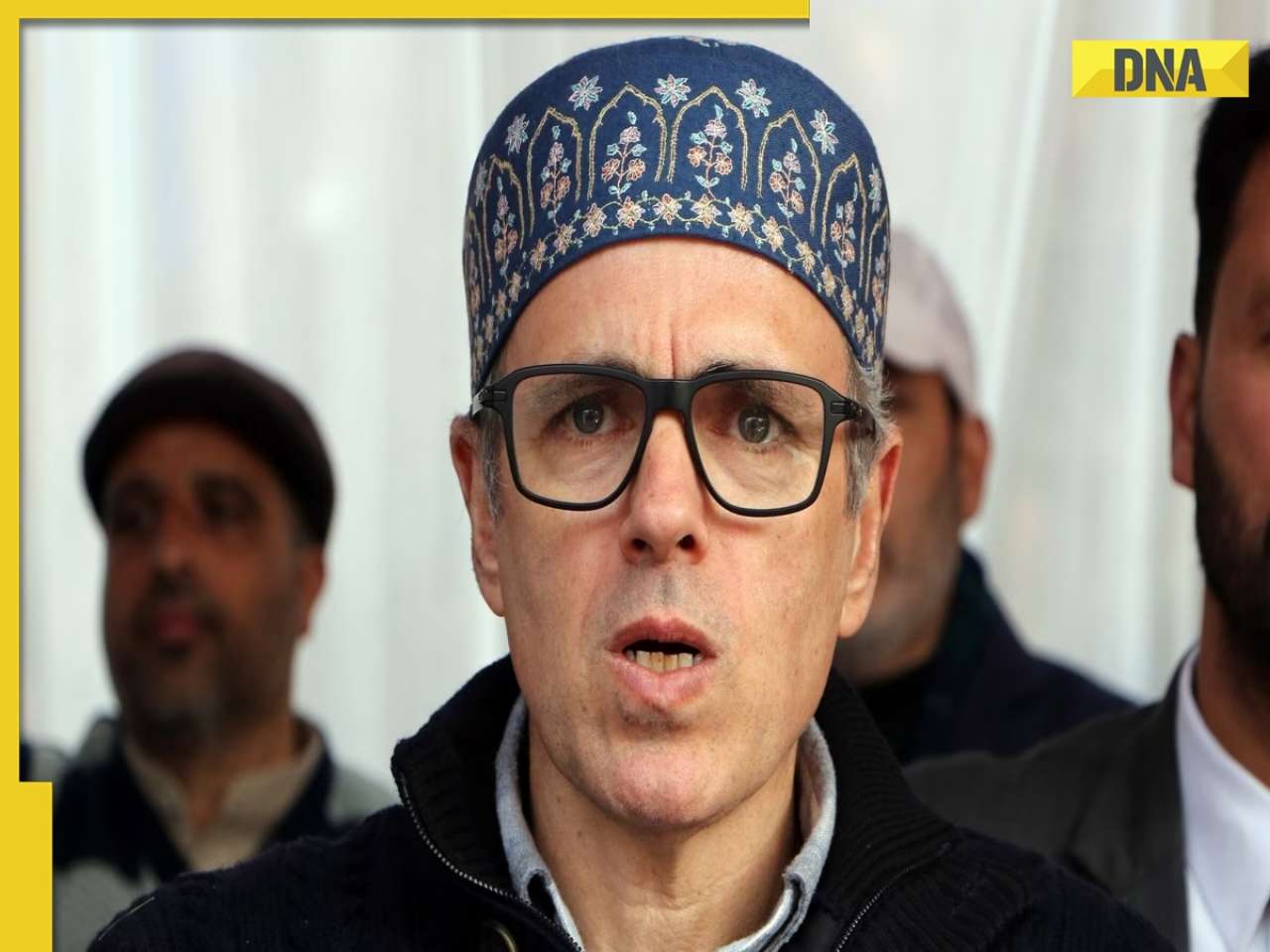


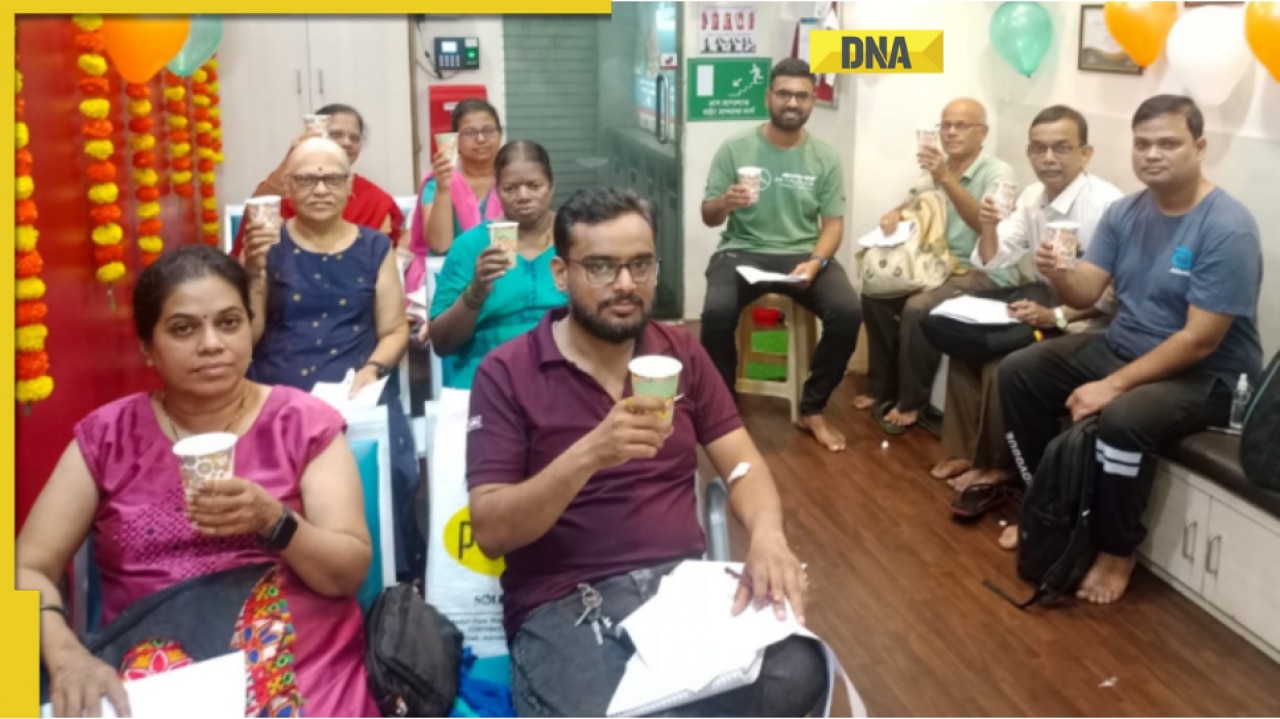





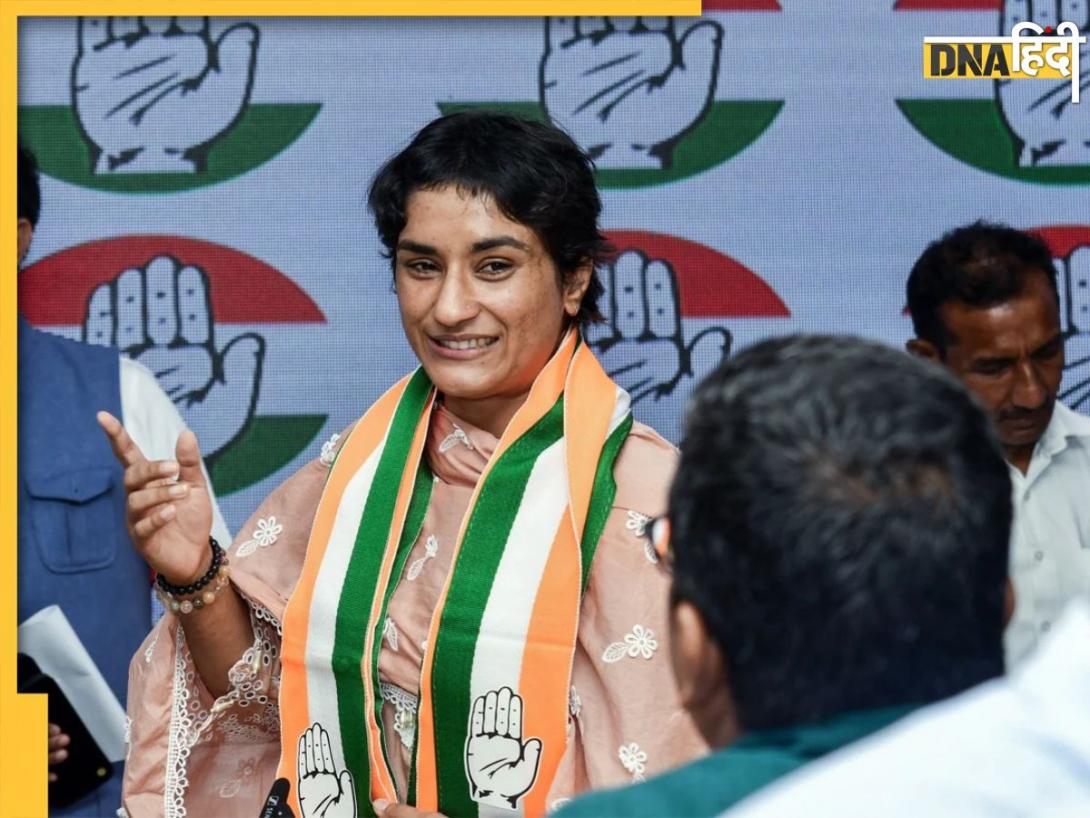
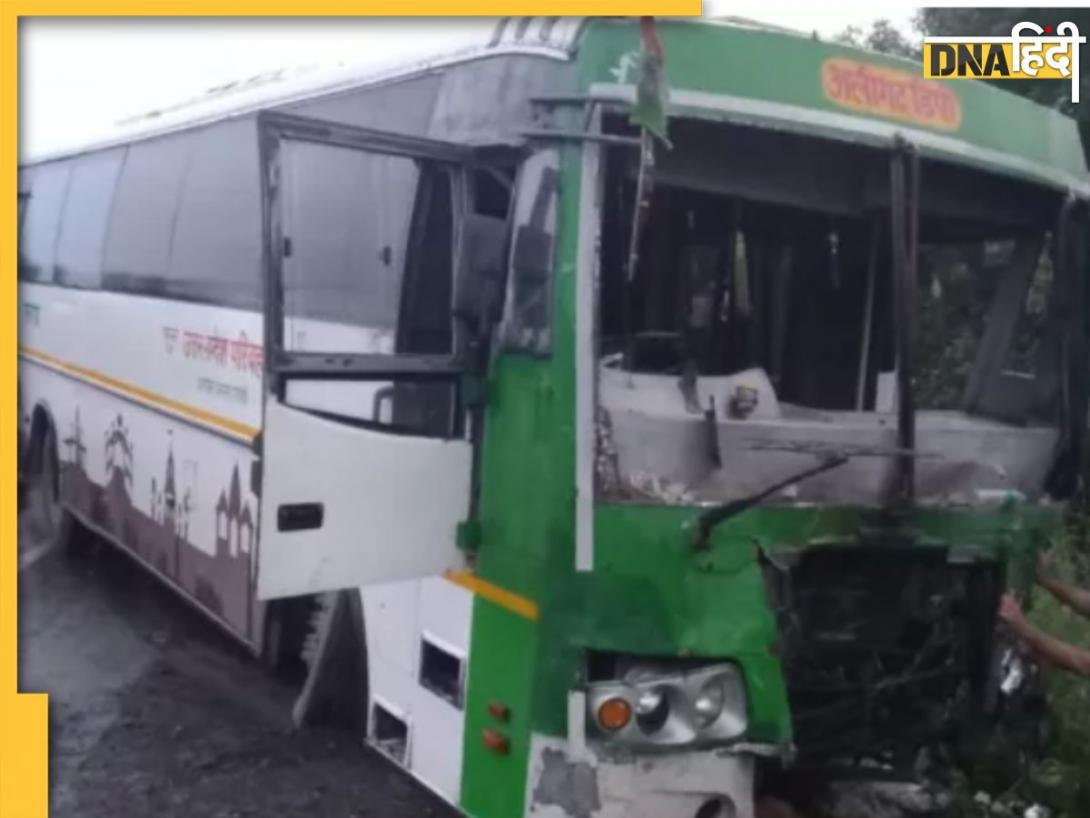

















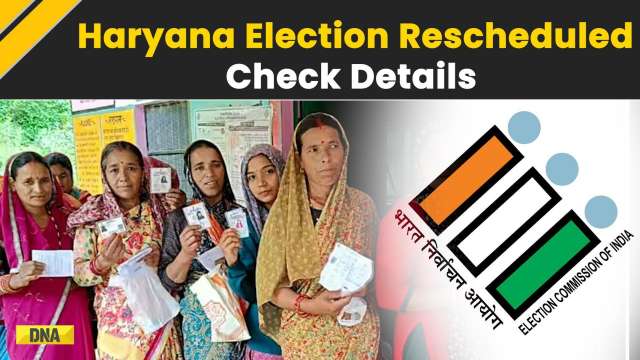
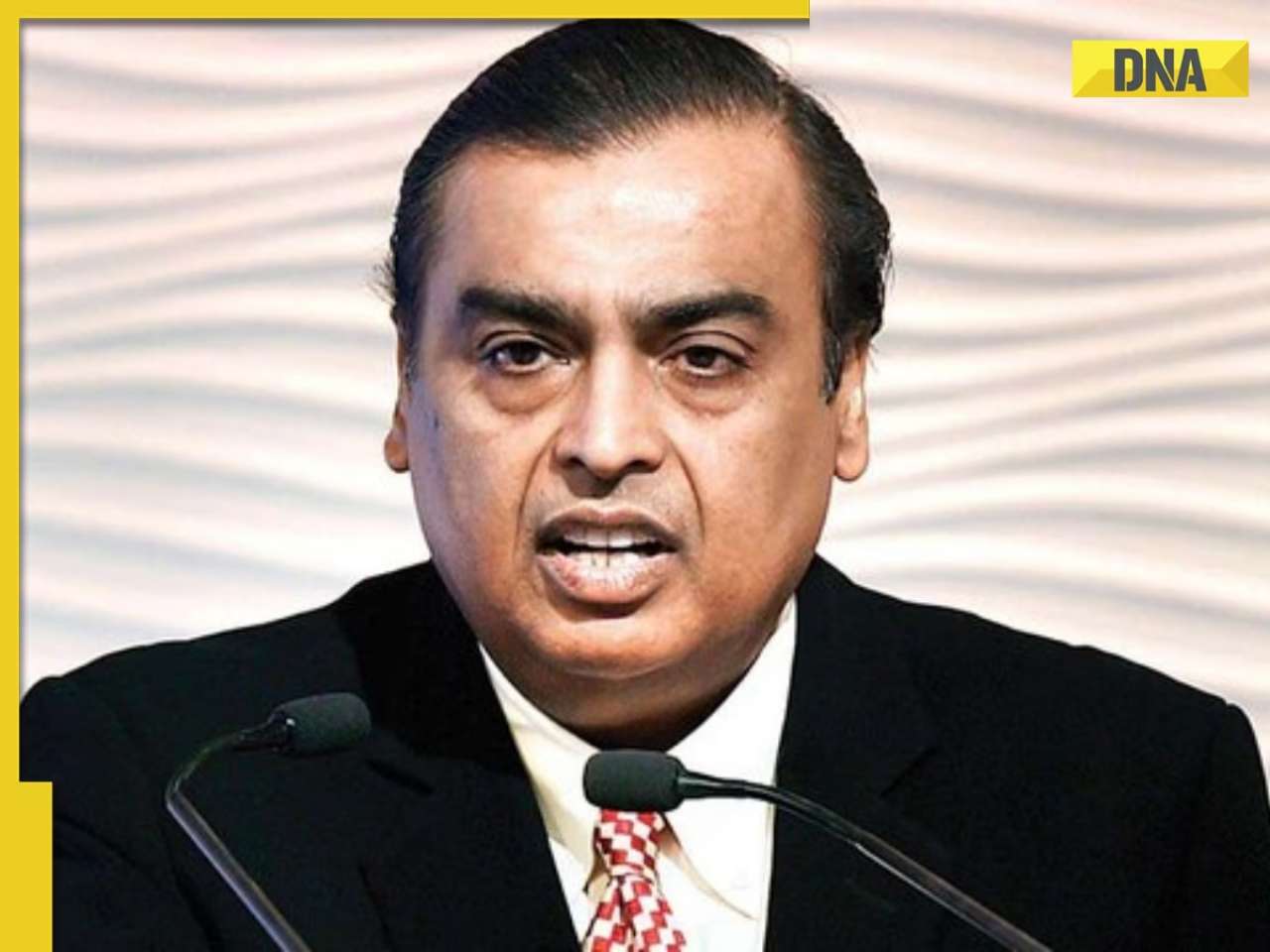









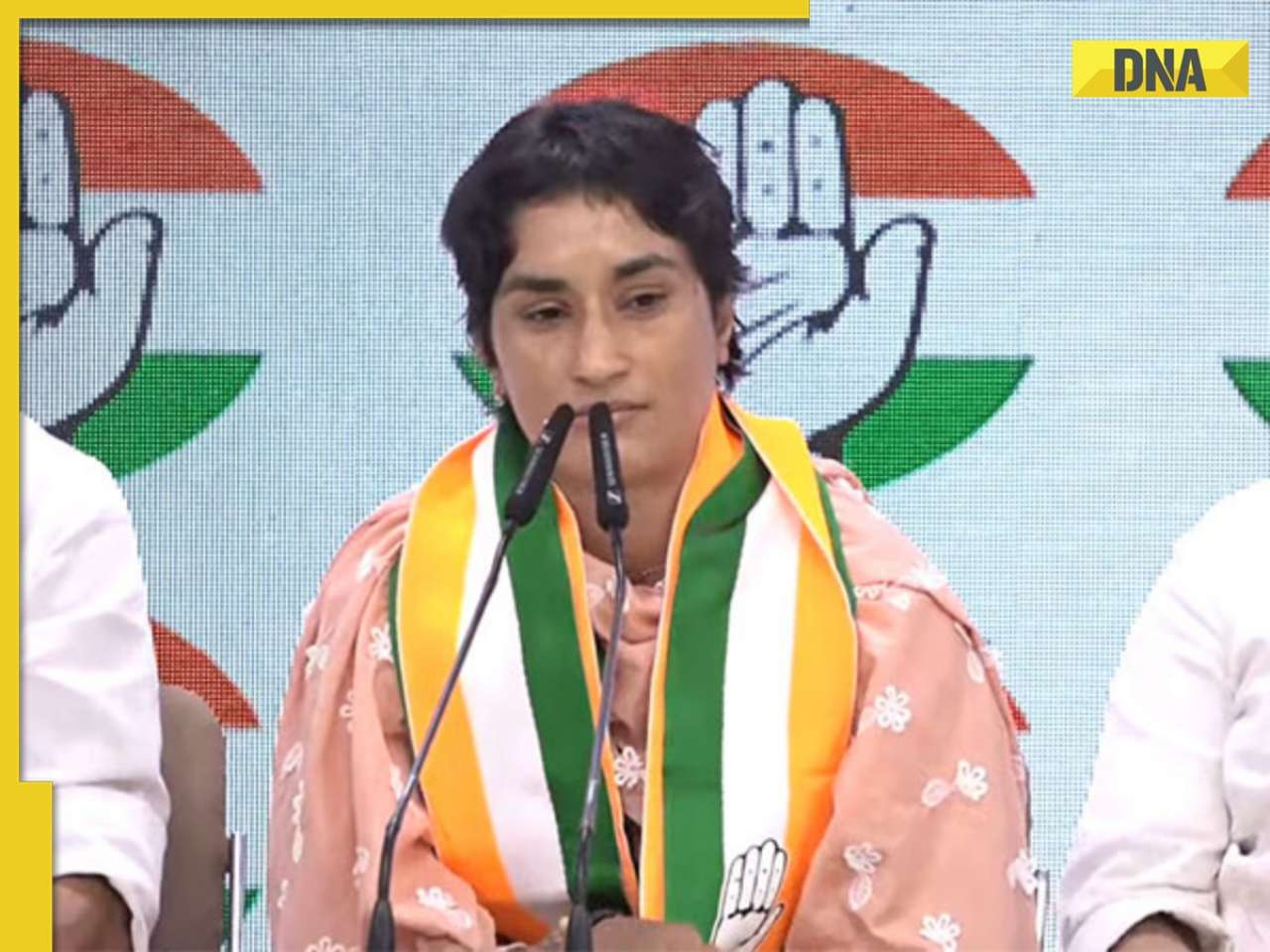

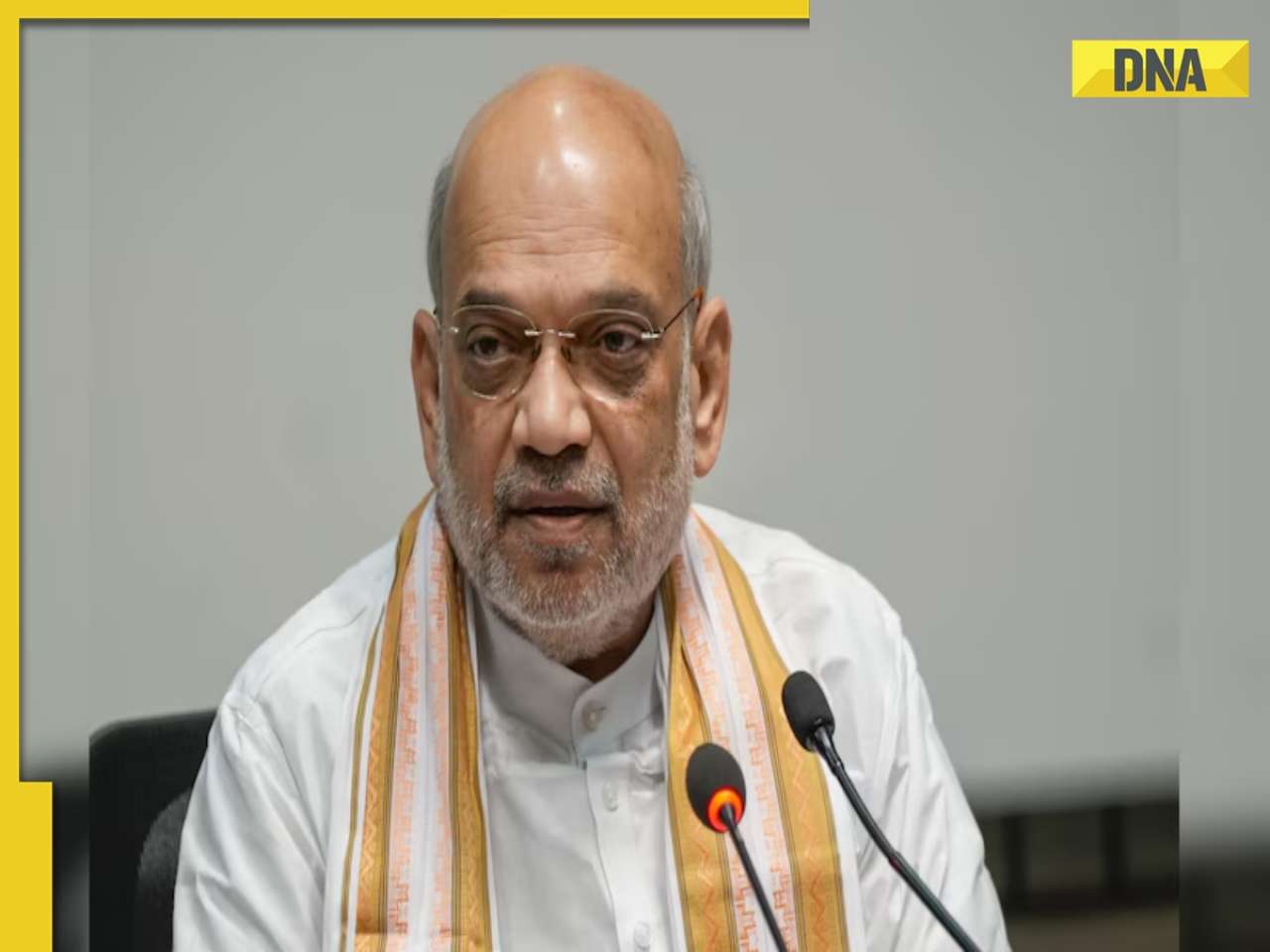


)
)
)
)
)
)
)
)
)
)
)
)
)
)





)
)
)
)
)
)